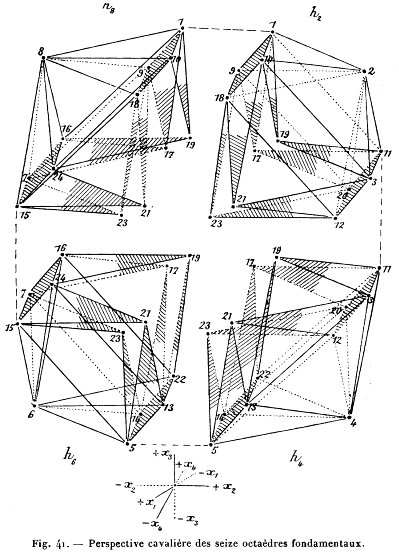This has broader implications about how incentives are structured — the presence of a reward for not doing something versus the desired outcome of taking the action. To my mind, incentives can only delay such a thing, never actually forestall it for certain.
Read MoreRegardless of whether a student agrees with my worldview, I want them to be biased at the end of their research process. I want them to have strong opinions about a subject and to be skeptical of uninformed pronouncements about it. Think about it: if you’ve been researching a subject for eight or ten weeks, using academic resources and doing primary research – that is, research out in the field – on a subject, shouldn’t you have a strong, informed opinion?
Read MoreDespite the fact that I’m listing off individuals, what I’m really pointing to are specific images of people crystallized in popular culture. Marcus Aurelius was not always the Marcus Aurelius that is remembered by history and popular imaginings. The historical figures, considered this way, are no more real than the most crudely drawn stock character: real people are complex and contain multitudes. Characters – even the most three-dimensional, deep characters – are often the opposite.
Read MoreIf we accept that it’s possible for a game to be not fun, the next obvious question is simple: if it is not fun, is there perhaps some other reason for playing it?
Read MoreI tend to think of this – perhaps grandiosely, perhaps unnecessarily – as a kind of libidinal architecture: creating a structure that encourages those moving through it to move towards a certain set of goals and away from a general set of lose conditions.
Read More




